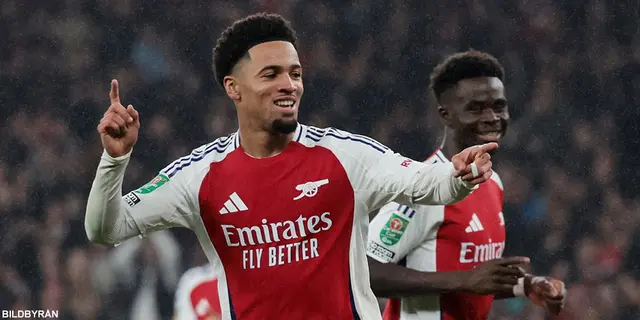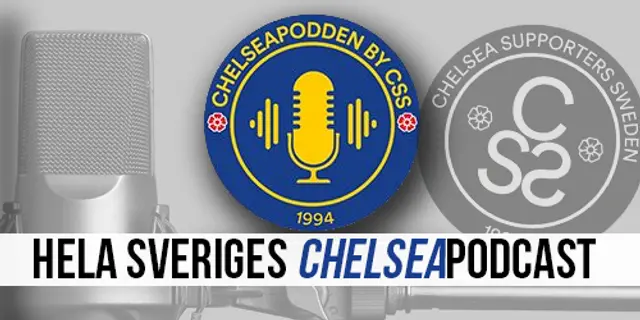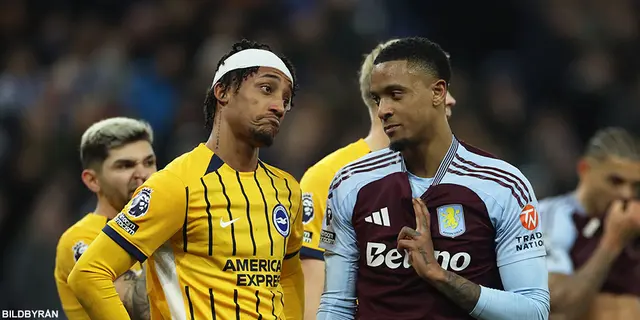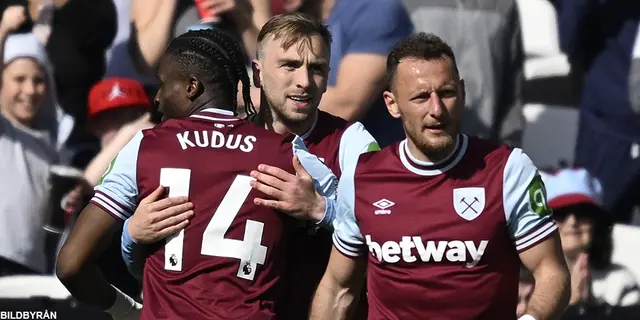Q: How do you see on the economic problems of many football clubs today in the lower divisions ? What would be your solution in helping clubs to avoid financial problems (that is clubs outside The Premier league) ? Can football clubs in the future only survive with a wealthy owner or in a affluent area ?
A:The main reason why so many football clubs get into difficulties is that they spend money they don’t have. They take financial risks in the chase for success and when they don’t achieve that success they get into trouble. Portsmouth are the best example of this in England. They have a very small ground by Premier League standards – it only holds about 20,000 – yet they were paying very high wages to players which they could not afford. Many clubs in the Premier League have stupidly high levels of debt. Bolton Wanderers are over £100 million in debt and will be in serious trouble if they get relegated and lose the money which they get from the Premier League. Clubs in the Championship also get into debt by chasing the prize of promotion to the Premiership. West Ham, for example, signed Kevin Nolan from Newcastle last summer on a wage of £54,000 a week – more than he was getting at Newcastle. The club’s wage bill must be very high in relation to their income so again, if they don’t get promoted, they will be in trouble.
The Football League introduced a rule for League 2 clubs a couple of years where they are not allowed to spend more than 60% of their turnover on wages. The sooner this is introduced at all levels of the League the better. League 2 clubs have to submit a budget to the League before the season starts showing what their projected income is and what their wage budget will be. The clubs can have penalties imposed if they break their budget. I believe that clubs in Germany are not allowed to spend more money than they can afford on wages and can get relegated if they break the rules. This should happen in England as well.
If I can give you an example of a Premier League club which has sorted itself out financially, look at Newcastle United. For many years they spent silly money on transfer fees and wages. They were paying Michael Owen over £100,000 a week when he was injured most of the time. They were paying Obafemi Martins £95,000 a week plus a bonus for every goal he scored – this meant he never passed the ball and used to shoot from the half way line!! The owner has now decided to be much more prudent. The club buys emerging players at the cheaper end of the market rather than buying established stars who are often only after a big pay day. They have a superb scouting system in place and a great coaching team. As a result, the club broke even financially last year and was one of only about three clubs in the Premier League not to make a loss. The club has a very wealthy owner but he is also a very clever businessman so the club is doing very well without taking silly financial risks.
Q: AFC Wimbledon are supposed to be a supporter owned club. How come they succeded in rising through the football ladder, whereas Port Vale failed ? Is a membership owned club doomed to fail in England. Is there a too strong culture of privately owned clubs in England (FC Barcelona is run by it's members = one member = one vote and they are quite a good team). Can members run club survive and prosper ?
A: The reason why Vale failed as a supporter owned club is because it was never run democratically. Over 1,000 supporters actually bought shares in the club but those who bought most shares made all the decisions and no one else was allowed to have any influence. The Board of Directors who were in place last year owned about 30% of the shares and, until Robbie Williams handed over control of his shares to the Supporters Club, that was enough for them to keep their places on the Board and stop any changes which the smaller shareholders wanted. The supporters owned the club but the men in the Board room wouldn’t let them make any decisions about how the club was run.
Barcelona is a bit different because it really is “more than a club”. It is an embodiment of Catalan nationalism and means so much more to the people of the city and the area than just a football club. I think Barcelona is unique in that respect so it would be very hard for any other club to copy their system successfully.
Q: Any differences or similarities between the two times that Vale went into administration ? Do you think the club will be better off after the administration this time ?
A: When Vale went into Administration in 2002 there were many factors involved. The ITV Digital television deal collapsed and a lot of clubs which had depended on the income from the deal found themselves in trouble. At Vale, Bill Bell had got rid of one of his key sources of income – John Rudge – so income from transfers dried up. The Bosman ruling also made a difference here. Vale had started building the Lorne Street stand when the club was doing well in the (now) Championship but relegation had slashed its income and it now had a huge stand half built and no one to sit in it! Bell was also not prepared to give up his control of the club by allowing other people to invest. This time round, Administration was a result of incompetent management by those in charge of the club over a number of years but in particular, this season. A budget had been set based on average gates of 5,800 which was stupid. Money from the “investment” from Blue Sky was spent before it came in then it never came in! And again, those at the top did not want to give up control of the club by allowing other people to invest.
Having been to the meeting with Mr Ryder on Wednesday I am very hopeful that the club will be better off after administration this time. He will not be borrowing money to buy the club like the previous lot did so we should start off with pretty much a clear slate rather than a big debt around our necks. I am more optimistic about the club than I have been for a long time.
Q: Is it nice to live in a city of two football league clubs ? Is there correlation between the success of Stoke City in recent years and Vales economic problems ? Is the city big enough for two successful league clubs ? Is there strong competition between the two clubs in getting sponsors etc ?
A: Stoke is the smallest city in England which has two League football clubs. Nottingham is the next “smallest” on the list with two clubs. I don’t think Stoke’s rise has caused Vale’s decline – that has been the result of bad management by people at the top – and I see no reason why the two clubs cannot flourish together. In the 90s both clubs were playing in front of decent crowds in the Championship. It will only happen though, when Vale get their act together both on and off the pitch. A strong commercial department at Vale will be key to this.
Q: With the introduction of Premier League 20 years ago the big teams has been the same for almost the entire period. In the 70's and 80's there quite of number of teams who could do well in the first division team besides Liverpool. Besides that, have the introduction of the Premier League been worse or better then you expected ?
A:There have been lots of benefits from the introduction of the Premier League but it has brought problems as well. It has allowed clubs to attract some of the world’s top players to play in England and I do believe the standard of football at the top level is better as a result. This has meant, however, than young English players in the lower divisions have found it difficult to get the sort of transfers to higher clubs which used to be common because those clubs go and buy top players from aboard instead. The big problem with the Premier League is that the money it generates does not find it’s way down to the lower Leagues much at all. The rich have got richer and the poor have continued to struggle. It has also created a culture of selfishness.
Q: Do former Premiership players too easily get the chance to manage a team without any previous managerial experience, especially in the the top divisions ? While on the other hand successful managers who are on a small budget in a small club (like John Coleman in Accrington) never get the chance in the top division !?
A: Eddie and I have often mentioned this – well known players go straight from playing to big managerial jobs and made a mess of it because they have no experience. This has happened for years, though, and is not something new. Bobby Charlton went straight from Manchester United to managing Preston and made a mess of it! Bryan Robson was never a great success at management. There is now a feeling amongst some English managers that men from abroad get preferential treatment because it seen as “cool” to have a foreign manager – that’s probably rubbish though!
Q: Lee Sinnott had playing experience from The League, but only from non-league football in managerial terms when he came to Port Vale. People complained that he had no experience from the league professional football and he shouldn't have been given the job at Vale because of that. Was it right to appoint him at the time ?Are there talented managers that are stuck in non-league because people think experience is the most important thing when it comes to being a league manager !?
A: I think there are probably talented managers at all levels who find it difficult to move up because clubs want the security of a bloke with experience. Sometimes these guys have to take a club up to a higher level before they are recognised. For example, it looks like Nigel Adkins is going to take Southampton into the Premier League – why did no one think it was worth a big club taking a risk on him when he was at Scunthorpe?? Martin O’Neill is an example of a bloke who worked his way up as well. He started in non-league with Grantham, then went to Wycombe and got them promoted to the League before going to Leicester and Villa.
Q: What is your view of Englands chances in Euro 2012 ? Can they reach the final ?
A: In a word, no! We don’t currently have a manager and our squad is not good enough – particularly if we persist with aging midfielders like Lampard and Gerrard who are now on the downward slope of their careers.
Q: Sven-Goran Eriksson and Fabio Capello were quite sucessfull managers. Is the too much expectations on England in the Euro 2012 Why have English managers failed in the past ? Should more players/managers try to get experience abroad as it would be very useful for the national team ?
A: A lot of our newspapers place too much expectation on the England team. They create the impression that we are better than we are so when we fail, it is all the manager’s fault. England managers are expected to produce instant success and each defeat is treated as a national disaster by the press. Also, we do not develop our players properly like they do in Spain and France for example so a lot of our players are out of their comfort zone when they are taken away from their clubs. One of these days we’ll learn!
Q: By the way, I don't you if you know that the most successful English national team manager is George Raynor. He won one silver and one bronze medal in the World Cup and one gold and one bronze medal in the Olympic games. That was with Sweden.
A: I do indeed know about George Raynor. I don’t know if you know the phrase “a prophet without honour in his own land” – well that was George Raynor. He did remarkable things with Sweden yet when he was manager at Coventry City for a short time they didn’t like him there because he didn’t play “English” style football so he got the sack! England might have won the World Cup before 1966 if Raynor had been given the change to manage the team.
Q:Would an Englishmen with the same background as André Villas-Boas (former Chelsea) get a managerial job in The Football League. He stopped playing early and instead focused on a managerial career. In Sweden we got quite a number of managers in the top flight who stopped playing in the early 20's and at a not very high level. Would an Englishmen with the same background (as AVB) like that get a chance to be a manager in England before they were 40 ? Sven Goran Eriksson only played amateur football, too.
A:Brendan Rogers at Swansea City is a man with little or no playing background who has been given a job at League club and has succeeded beyond their wildest dreams. He had to finish playing when he was 20 because of injury and has worked his way up through the coaching ladder. He is only 39 and has been managing in the League for four years. He is an exception though. Arsene Wenger was a poor full back at a dodgy French team but he had to have success abroad before he came to Arsenal.
Q: Have you watched the national team play many times ?
A: Only a few, although we have a friend, Phil Sherwin the Vale statistician, who goes everywhere with England. He will be in the Ukraine and Poland in June. He was in South Africa in 2010 and flew backwards and forwards to Japan in 2002. He is mad!!
Q: What will be the result in Euro 2012 England-Sweden ?
A: It will be a draw – it always is!
Q: Best Port Vale game you have ever seen ?
A: This is a tough one. I think my favourite game was the second leg of the Play-off final in 1989 when we beat Bristol Rovers 1-0 (Robbie Earle) and were promoted to the Championship. This mean that for the first time in my lifetime as a Vale fan we would be playing at the same level as Stoke.
Q: Your favorite Port Vale player ?
A: I don’t really have favourite players as such but if it helps, I voted for Doug Loft as player of the year this time. My all time favourite Vale player is Ray Walker – Burslem’s Glenn Hoddle!
Q: Your favorite foreign Vale player ?
A: I suppose I’d better say Jan Janssen!
Q: Ever been to Scandinavia ?
A: Yes, we did a Baltic Cruise last summer and visited Stockholm, Helsinki, and Gothenburg. We also spent a wonderful week in Norway (Bergen) in 2007.
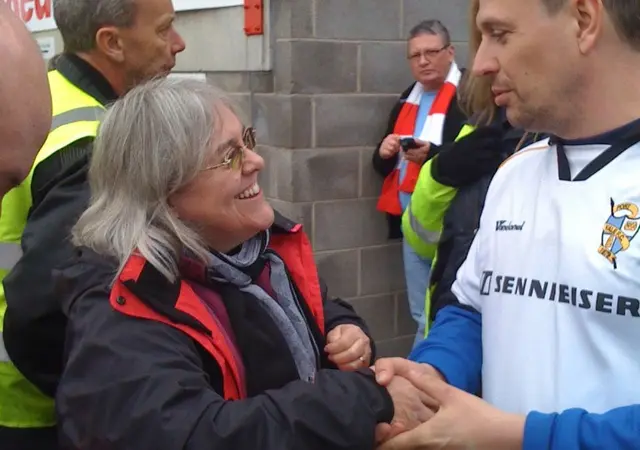
Port Vale
2012-07-12 02:10
An interview with Jean Jackson
We have had a series of interviews with leading fans in Stoke-on-Trent about England in Euro 2012 and the current situation for clubs in England outside The Premier League. It has all been translated to Swedish, but since we know we have readers who don’t speak Swedish, we will now publish all the original interviews in English. The first interview is with Jean Jackson from The Supporter Club. The interviews were made in April.

Tomas Silfver


